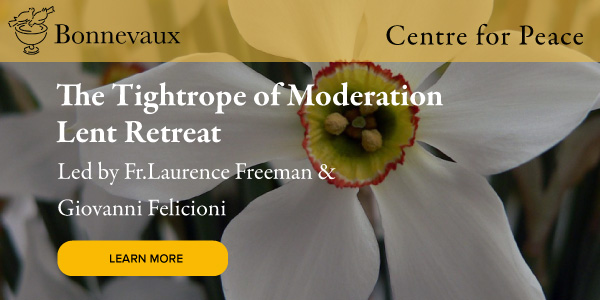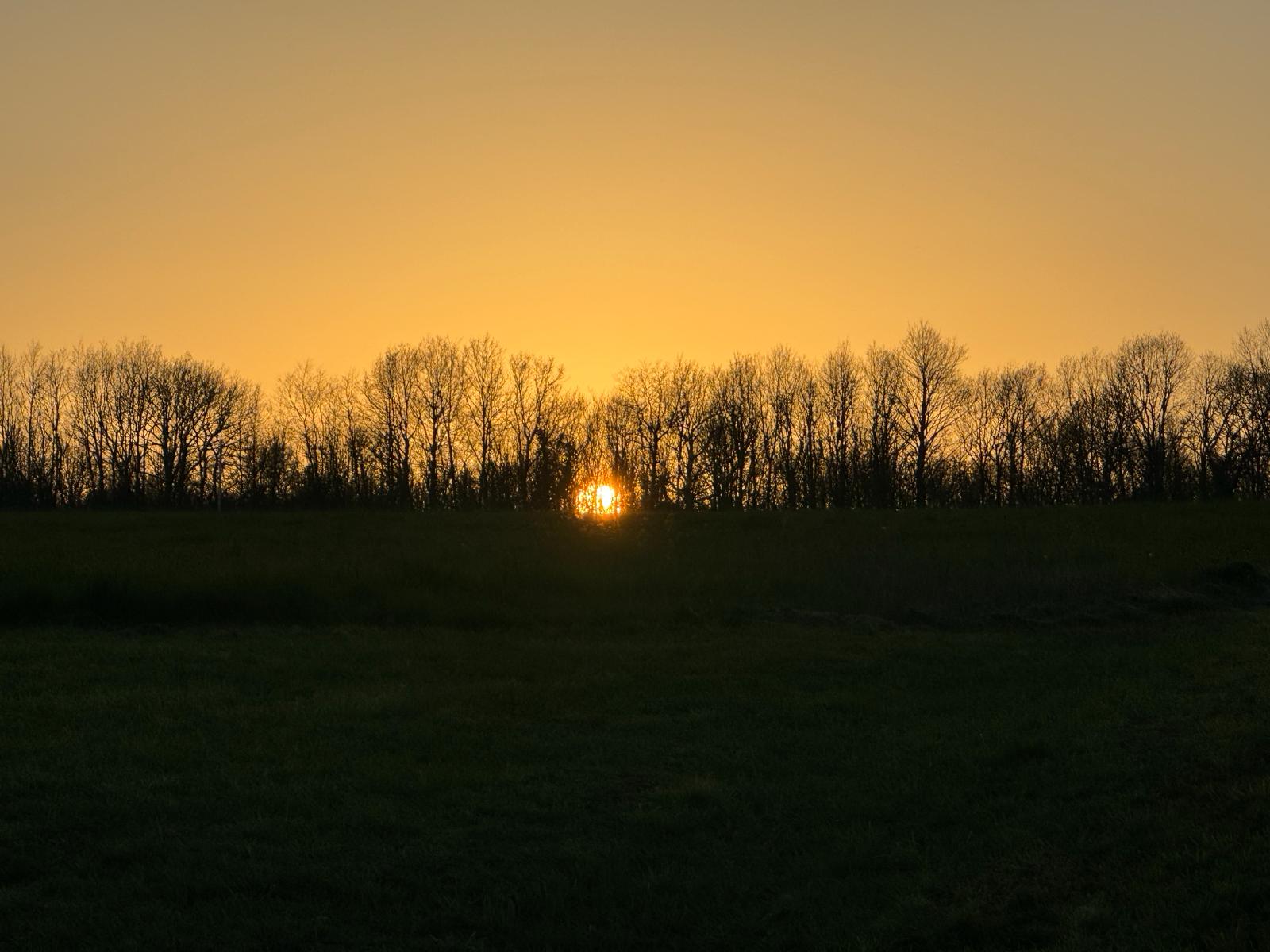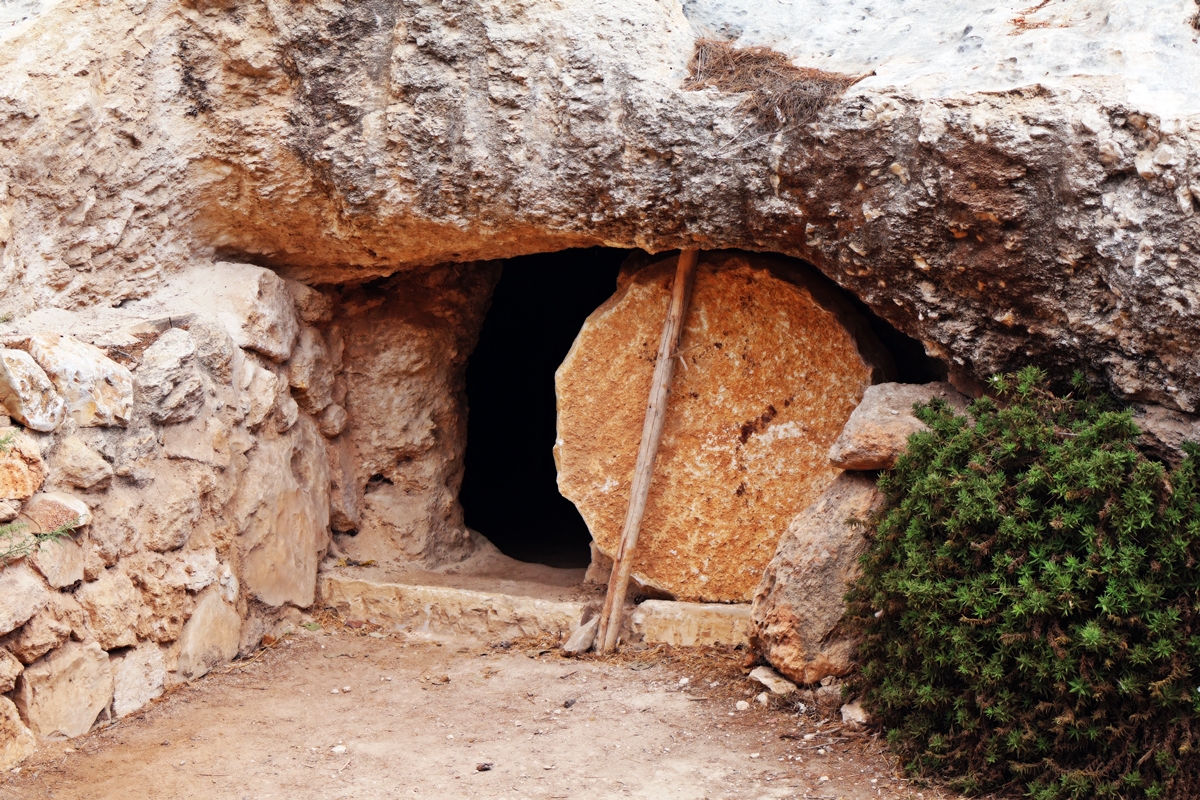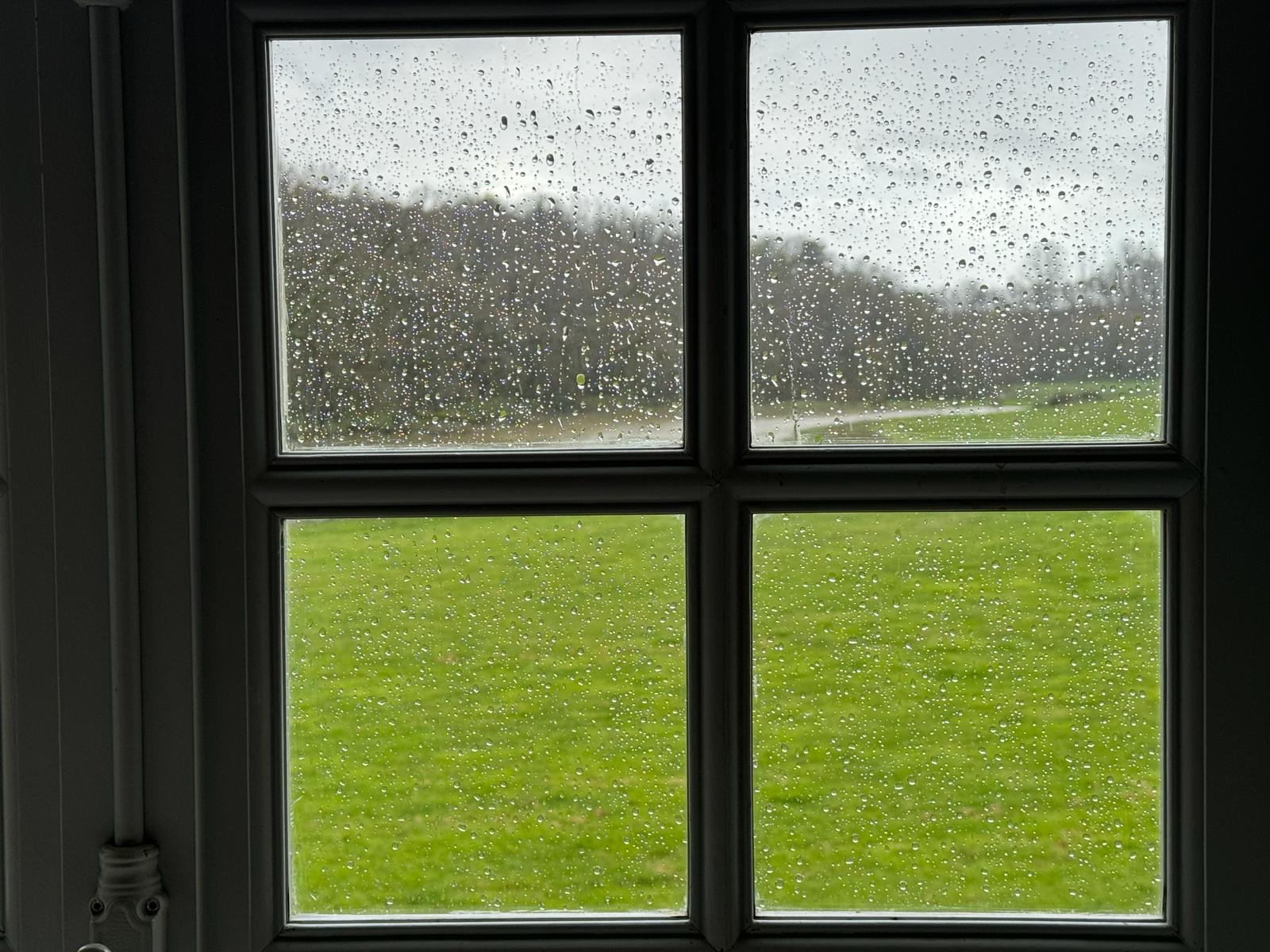
Sr. Hilda Frost OSB – “Reflections”
THE OBSERVANCE OF LENT
R.B. 49
See now is the acceptable time: see now is the day of salvation. (I Cor: 6:2)
These words taken from the readings for Ash Wednesday, express in a nutshell the whole purpose and goal of Lent.
Although Benedict often refers to the various liturgical seasons of the year throughout the Rule, evidently the time of Lent was so important to him that he devoted a specific chapter to it. He begins by saying that the whole life of a monastic ought to have a Lenten character about it. He is looking back perhaps to the desert fathers and mothers, who in Benedict’s estimation left us an outstanding example of holiness to follow. (RB 19 and RB 73).
Undoubtedly Benedict sees ‘these holy days of Lent’ (RB 49) as an opportunity for personal spiritual renewal. He suggests that this might be the time to take stock of where we stand with God, with others, and with ourselves. Far from being a negative exercise, it is rather an invitation to open ourselves more completely to God, and to listen attentively to his voice speaking in the depths of our hearts.

Sr. Hilda Frost OSB – “Reflections”
THE OBSERVANCE OF LENT
R.B. 49
See now is the acceptable time: see now is the day of salvation. (I Cor: 6:2)
These words taken from the readings for Ash Wednesday, express in a nutshell the whole purpose and goal of Lent.
Although Benedict often refers to the various liturgical seasons of the year throughout the Rule, evidently the time of Lent was so important to him that he devoted a specific chapter to it. He begins by saying that the whole life of a monastic ought to have a Lenten character about it. He is looking back perhaps to the desert fathers and mothers, who in Benedict’s estimation left us an outstanding example of holiness to follow. (RB 19 and RB 73).
Undoubtedly Benedict sees ‘these holy days of Lent’ (RB 49) as an opportunity for personal spiritual renewal. He suggests that this might be the time to take stock of where we stand with God, with others, and with ourselves. Far from being a negative exercise, it is rather an invitation to open ourselves more completely to God, and to listen attentively to his voice speaking in the depths of our hearts.
Benedict offers some suggestions to help us on our Lenten journey: turn to God by repentance, self denial, extra prayer, lectio divina, some sacrifice of food or drink etc. However, he insists that whatever is done, it is to be ‘offered freely’! There is no room for coercion here: also that ‘the details of these personal offerings should be made known to the superior for approval and blessing’. Benedict sees this as a safeguard, because in his day there was still a tendency to overdo things a little! Here in the monastery we talk to our Prioress; those who live in ‘a monastery without walls’ would probably speak to a spiritual director.
Traditionally the Church has encouraged us to focus on Prayer, Fasting, and Almsgiving during Lent; which is mentioned or implied by Benedict’s words. How can we interpret that for ourselves today? Prayer. Could we perhaps increase the time for meditation, sometimes including a midday meditation as well as morning and evening? Or can we spend a little longer in lectio divina to really listen to God’s word in silence and stillness. Fasting.
We think primarily of food, but perhaps it is even more important to fast from impatience, prejudice, or self righteousness etc. Almsgiving. As for alms, offering financial support to a worthy cause is highly commendable. But it may be even more important to give the alms of compassion, understanding, patience and love to the needy people we find all around us in our families, our communities, our churches and our world.
The very word ‘Lent’ means ‘Springtime’! It is very much connected with the joy of new life, when all creation flowers into being. Similarly Benedict never forgets the goal of all our Lenten exercises’to increase the joy of spiritual longing with which we should look forward to the holy time of Easter’. If our lives as monastics ought always to have a Lenten character about them, it is equally true that they are always characterised by the joy of Easter. The Risen Jesus is always present in our hearts. We are an Easter people, and we celebrate the paschal mystery every day of our lives. Yet it is especially at Easter time that we remember the joy of the resurrection and celebrate it with praise and thanksgiving.
In the words of one of our Lenten hymns: Now comes the time of special grace: may God restore our hearts again…We soon shall see that day of days, when all creation born again, will sing an Easter song of praise.
Wishing each one of you a happy Lent and Joyful Easter.
With much love,
Hilda OSB
Sr. Hilda is a Benedictine Sister at St. Benedict’s Monastery, Winnipeg Canada. She comes from a very ecumenical background: with a Methodist father, a Congregationalist mother, who attended the Anglican Church in England. After attending a convent school Sr. Hilda became a Catholic, and entered the cloistered Benedictines in England. When the community became diminished and eventually had to close she came to Canada in l981. Sr. Hilda has a background in Scripture, monastic history etc. and has been a meditator for more than 20 years. She has given retreats and workshops on the Rule of Benedict, the mystics, as well as on Christian meditation. She is coordiantor of the WCCM Oblates in Canada, and also leads a meditation group in her own monastery.






